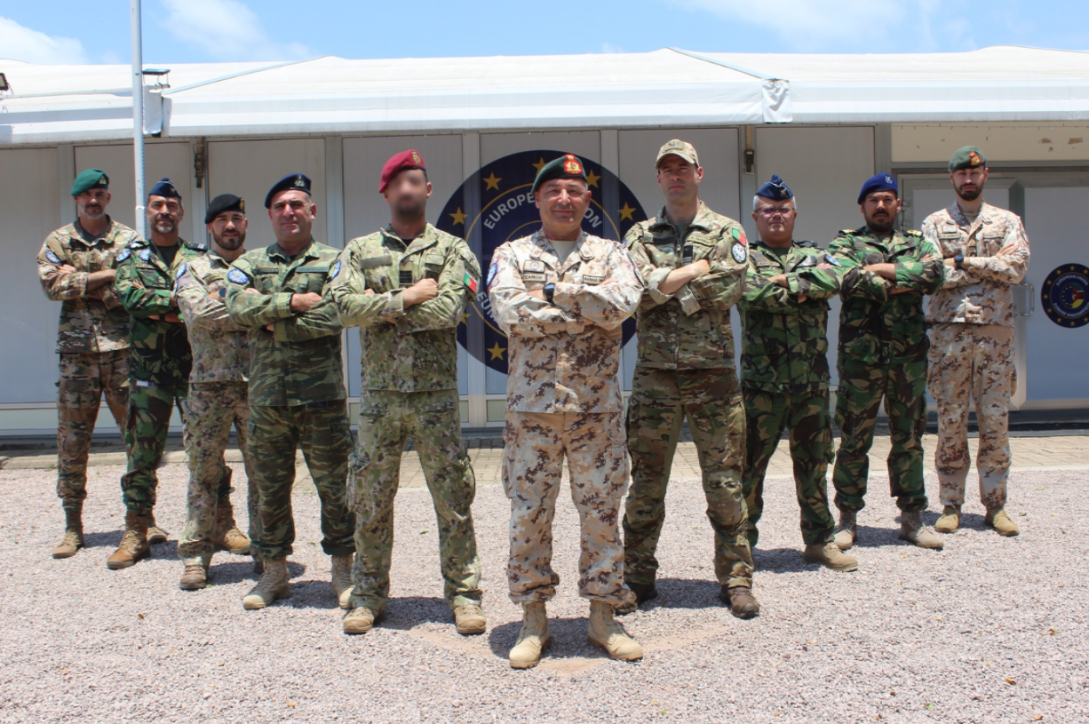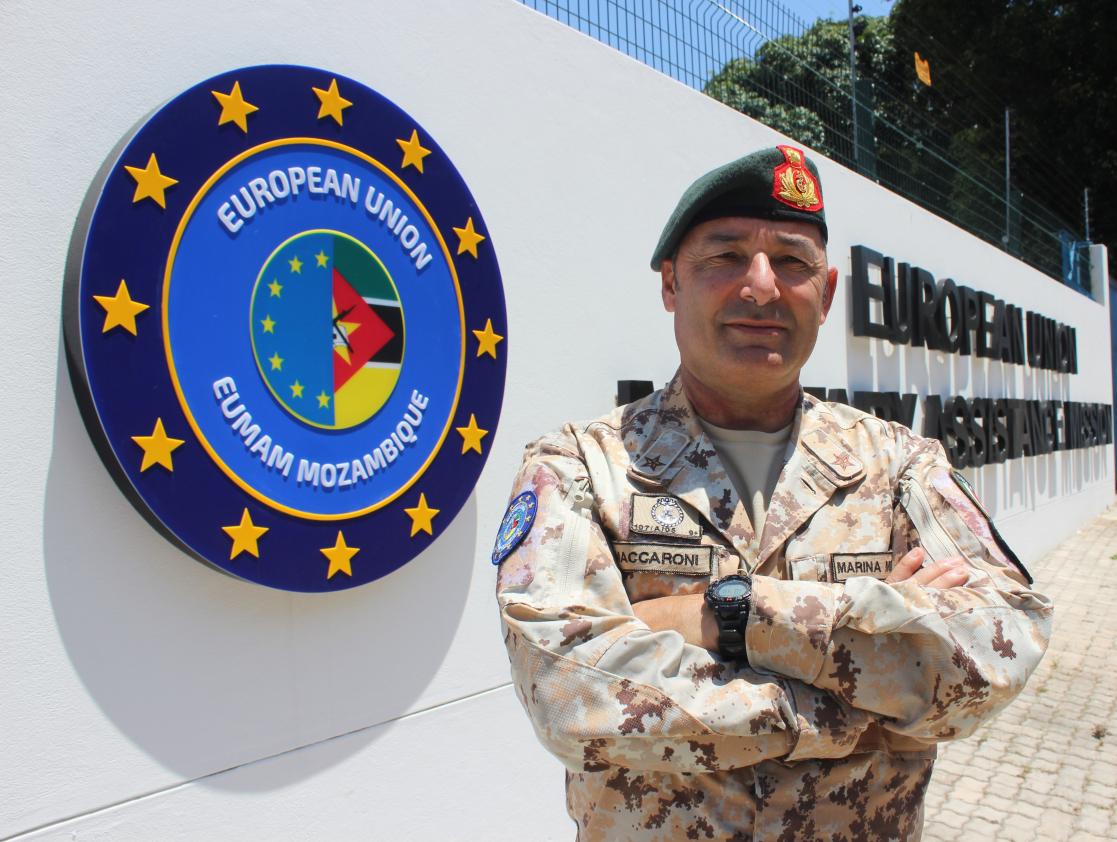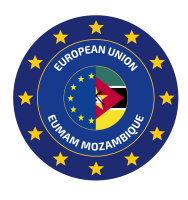Advisory Group at EUMAMMOZ

EUMAM’s Advisory Group Activities
The Advisory Group plays a main role in supporting the European Union Military Assistance Mission in Mozambique (EUMAM MOZ) executing the Mission Force Commander (MFCdr) Mission Order. This critical task centres on embedding Advisors at the operational and strategic levels within the Mozambican Defence Armed Forces (FADM), ensuring effective advisory and mentoring processes to enhance operational planning, management, and overall readiness of Quick Reaction Forces (QRFs).
Strategic and Operational Integration
To fulfil its mission, the Advisory Group strategically embeds its Advisors within the FADM to provide guidance and support at the highest levels. At the strategic level, Advisors collaborate closely with key decision-makers within the FADM to ensure alignment with operational objectives and to enhance their capacity to implement sustainable solutions. This support includes advising on best practices in leadership, resource allocation, and operational oversight to foster an effective decision-making process.
At the operational level, the Advisory Group works directly with FADM units to strengthen their ability to plan, execute, and manage operations independently. By mentoring and advising operational commanders, the Group facilitates the transfer of essential skills and knowledge required to sustain a robust and adaptive operational cycle.
Knowledge Management Mechanism
A cornerstone of the Advisory Group’s support lies in its contribution to the Knowledge Management (KM) mechanism within the FADM. By fostering the development of systems to capture, organise, and share operational insights, the Group ensures that lessons learned are institutionalised and leveraged to refine future operations. This mechanism significantly enhances the FADM’s ability to engage in continuous improvement processes, thereby increasing operational efficiency and effectiveness.

European Union, 2025
Enhancing Quick Reaction Forces (QRFs)
One of the Advisory Group’s primary objectives is to enable the operational planning and management of trained Quick Reaction Forces (QRFs). QRFs represent a crucial capability for ensuring rapid and effective responses to security challenges, particularly in the Cabo Delgado region. Through tailored training programmes, mentoring sessions, and operational planning support, the Advisory Group empowers QRF units to operate with enhanced autonomy, resilience, and precision.
The Group’s approach prioritises sustainability and self-reliance, equipping QRFs with the tools and knowledge necessary to plan, execute, and adapt their operations independently. The focus remains on developing enduring capabilities that allow the FADM to address emerging threats and challenges effectively.
Compliance with International Humanitarian Law (IHL) and International Human Rights Law (IHRL)
Throughout its mission, the Advisory Group places a strong emphasis on ensuring that all FADM operate in accordance with International Humanitarian Law (IHL) and International Human Rights Law (IHRL). Advisors provide guidance on the legal and ethical dimensions of military operations, embedding these principles into all aspects of planning and execution.
Focus on Cabo Delgado
The Cabo Delgado region remains a focal point for the Advisory Group’s efforts. Through targeted mentorship, training, and advisory activities, the Group helps to improve the operational capabilities of forces deployed to the region, ensuring they are well-prepared to address the complex security environment while upholding legal and humanitarian standards.
Conclusion
The activities of the Advisory Group constitute a critical component of the broader effort to support the EUMAM MFCdr’s Mission Order. By embedding Advisors at strategic and operational levels, contributing to the KM mechanism, and enabling the planning and management of QRF, the Group directly strengthens the operational effectiveness and autonomy of the FADM.





